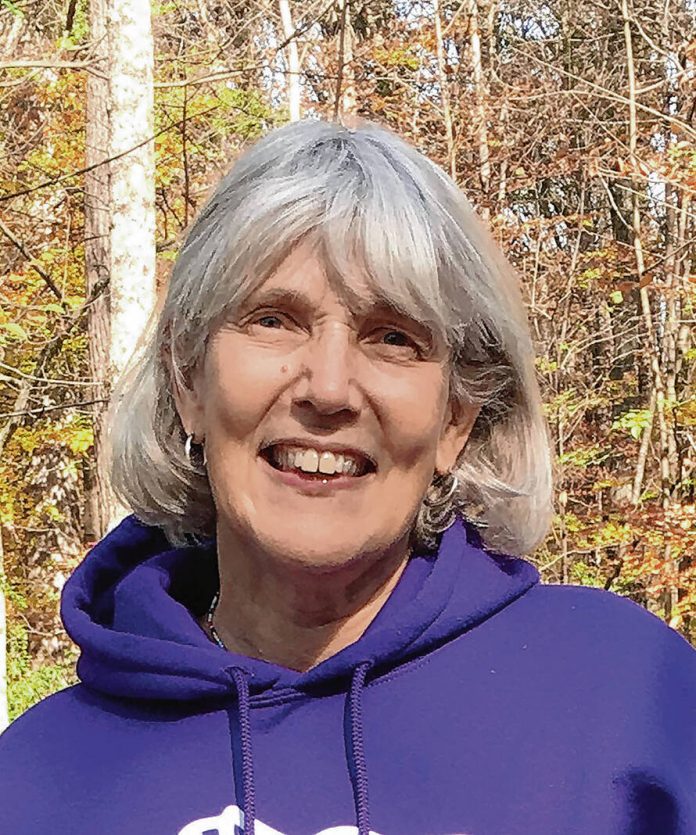Our local children only have a few days left before heading back to school. Their first day this year is August 3. Long gone is the leisurely three-month summer break. And I’ve heard rumors that a longer school year – with an even shorter summer vacation – may be in the works.
These days, our Hoosier economy isn’t based on agriculture, so it can be argued there’s no need for kids to be off from school all summer to help bale hay, plant crops and care for animals (although I have farm friends who would disagree). But I can understand that line of reasoning.
I’ve also heard that school kids lose too much academic ground in the summer, and it takes forever to get them back up to speed when they return during the fall. I don’t get that. For nearly 250 years, the United States has educated millions of children, including a lion’s share of world geniuses. I don’t think too many of those kids suffered gross academic setbacks from having three months off in the summer.
Summers off from school are part of a well-rounded education, too. There’s as much benefit to making mudpies in August as there is to be acing a spelling test in November.
No doubt it was summer when Sir Isaac Newton lounged under an apple tree, got bonked on the head and came up with the theory of gravity.
Or how about the late Gene Stratton-Porter, a Hoosier and author of “Girl of the Limberlost?” If she hadn’t had long summers off to explore the famous Limberlost Swamp and develop her love for the natural world, we wouldn’t have her wonderful novels and photographs of nature.
Locally, consider retired Columbus physician and renaissance man, Walt Able. He and his four siblings grew up helping their dad run the family farm in Jackson County. They all attended elementary school at a two-room schoolhouse, and every one of the Able kids was named valedictorian of their graduating class at Seymour’s Shields High School. And they all went on to distinguished careers. I rest my case.
Little children’s summer play – and older kids’ summer jobs – help them grow and mature. When kids play in the summer, they’re learning important life skills, too, like leadership, decision making and how to solve differences with peers. I learned more about math working my first summer job at a J.C. Penney store than I did working sums in school. To keep my job, I had to learn to count back change (sadly, a dying art) and had to learn to do math in my head.
My oldest sister did a lot of creative writing when we were children. During the summers, she penned plays for our neighborhood gang to put on, though our audience was usually limited to other kids and faithful dogs. But we had time back then to stretch our imaginations and to do things we couldn’t do when in school all day.
The decision to gravitate to full-time school in the U. S. is driven by societal changes and most families need both parents working today just to get by. Considering there’s an abysmal lack of affordable childcare in this country and meager parental leave available, full-time school is becoming a necessity for families.
Time. It accelerates rapidly the older we get. Our grandchildren deserve the gift of slower, unstructured time in the summer to dream, imagine and create.
“Rest is not idleness, and to lie sometimes on the grass on a summer day listening to the murmur of water, or watching the clouds float across the sky, is hardly a waste of time.” John Lubbock, English scientist and author (1834-1913).
Sharon Mangas is a Columbus resident and can be reached at [email protected]. Send comments to [email protected].





